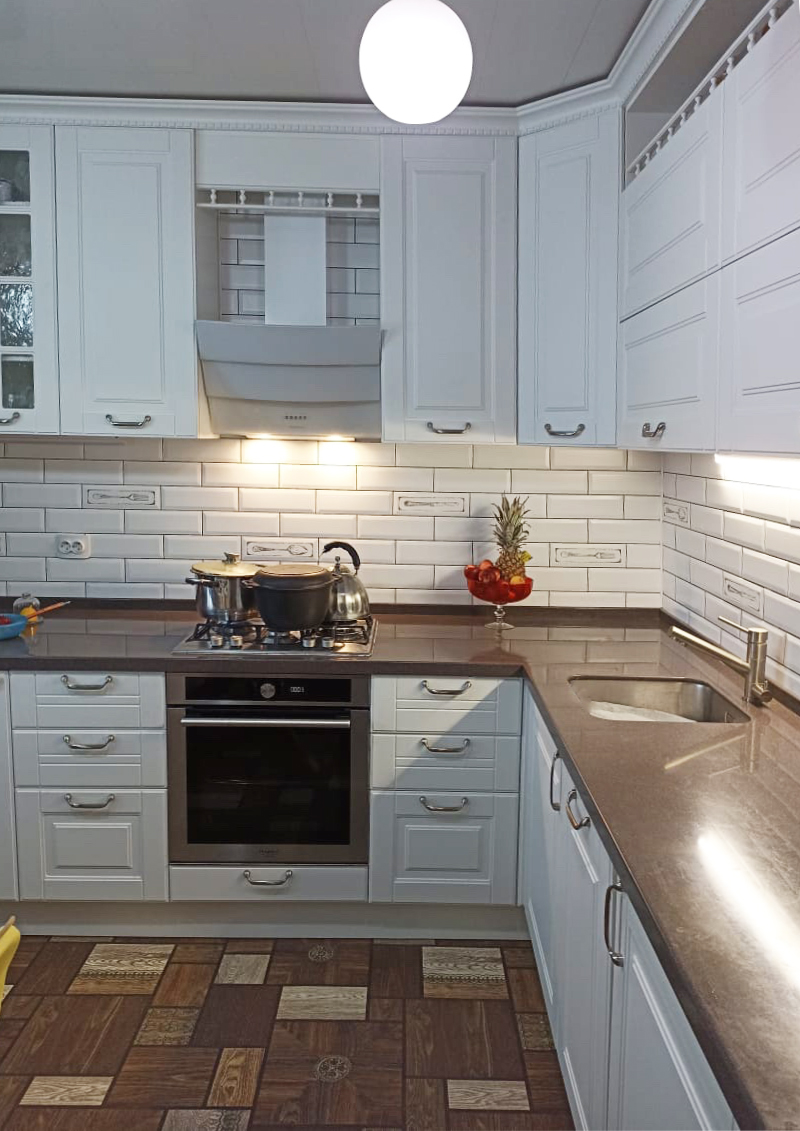
Mastering Your Culinary Realm: A Journey to Becoming a Home Chef
Embarking on Your Culinary Adventure
Mastering the art of cooking is akin to embarking on an epicurean adventure, one that requires passion, patience, and persistence. Whether you're a novice eager to explore or a seasoned kitchen veteran looking to refine your skills, the path to becoming a master of your culinary realm is both rewarding and delicious. Begin by setting clear goals for your culinary journey, whether it's perfecting a handful of classic dishes or experimenting with avant-garde cuisine.
Stocking Your Culinary Arsenal
The right tools can make all the difference in your cooking. Quality knives, sturdy pots and pans, and a range of utensils are the backbone of any well-equipped kitchen. Invest in high-quality equipment that will stand the test of time and make cooking a pleasure rather than a chore. Remember, a master chef is only as good as their tools.
Fundamentals and Techniques
Understanding basic cooking techniques is the foundation upon which all great cuisine is built. Study the various methods of heat transfer such as searing, boiling, baking, and grilling. Experiment with flavor profiles and ingredient combinations to build a mental palate that will guide your recipe development. Don’t forget to master fundamental skills like proper knife handling, kitchen safety, and timing—these form the bedrock of efficient and safe cooking practices.
Developing a Flavorful Repertoire
Your recipe repertoire is a personal gallery of culinary artistry. Begin by mastering classic dishes from various cuisines to expand your flavor horizon. Once comfortable, start tweaking these classics to create your unique spin. Experimentation is key—don't be afraid to try new ingredients and techniques. Documenting your recipes and cooking processes will help you understand what works and what doesn't, allowing for continuous improvement.
Understanding Ingredients
Quality ingredients are the soul of good food. Take the time to learn about the produce, meats, and other staples available to you. Understand seasonality and how it affects flavor and availability. Build relationships with local producers and suppliers to obtain the best ingredients. Remember, the freshest, high-quality ingredients often translate into the most flavorful dishes.
Continuous Learning and Experimentation
The culinary world is vast and ever-changing. Stay inspired by immersing yourself in food culture through cookbooks, cooking shows, workshops, and even travel. Continuously seek out new experiences and be open to different culinary philosophies and techniques. Each new skill learned or dish mastered adds another layer to your culinary prowess.
The Art of Plating and Presentation
We eat first with our eyes, so the presentation is a critical aspect of any dish. Learn the art of plating by studying the composition, color, balance, and texture. Practice plating techniques to enhance the visual appeal of your dishes, understanding that the presentation can greatly influence the dining experience.
Sharing Your Culinary Creations
One of the most rewarding aspects of cooking is sharing your creations with others. Use gatherings as an opportunity to showcase your skills and gather feedback. Be receptive to constructive criticism, as it will help you grow and improve. The joy of cooking comes from the smiles and satisfaction of those who partake in your dishes.
Conclusion: The Culinary Journey Never Ends
Mastering your culinary realm is a lifelong journey of discovery and creativity. Each meal you prepare is an opportunity to learn and enjoy the rich tapestry of flavors and experiences that cooking has to offer. Embrace the continual process of learning and experimentation, and take pride in each step forward on your path to becoming an accomplished home chef.